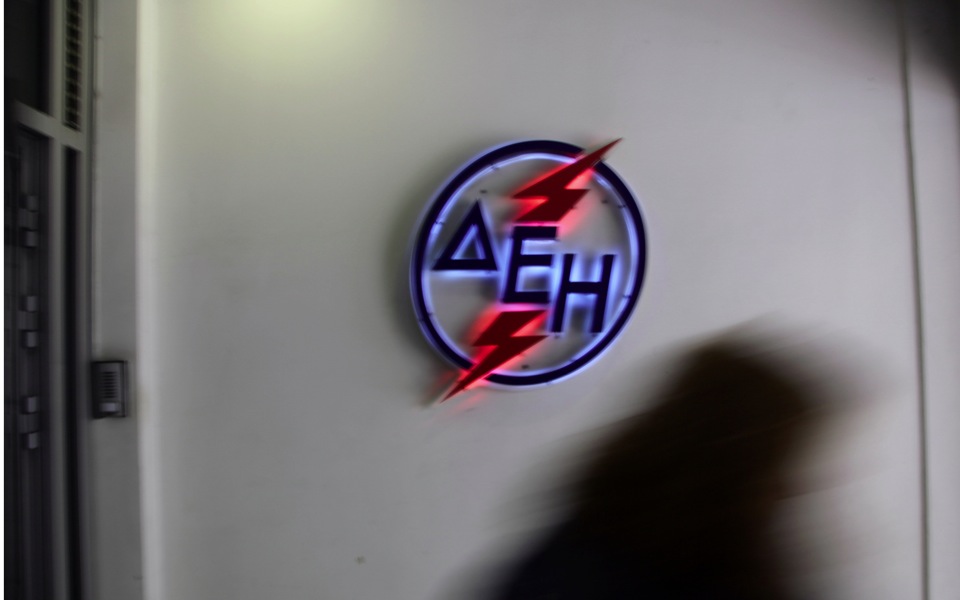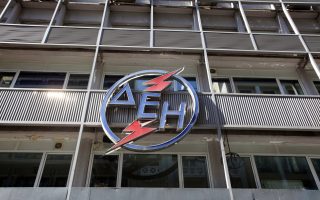PPC streamlining plan has creditors’ initial consent

The streamlining plan for Public Power Corporation (PPC) that was announced by the government in Parliament on Monday appears to have secured the provisional consent of Greece’s creditors. At the same time the domestic electricity market is waiting to see a more detailed plan, mainly regarding the institutional obligations and commitments of the country to the creditors for the reduction of PPC’s retail market share.
Private power producers and suppliers are asking how the binding target for PPC’s market share to drop below 50 percent by end-2019 will be achieved, expressing reservations about the creditors’ attitude to the decision against the sale of hydroelectric plants, given that they were always on the negotiating table and are included in the deal with the creditors as alternative measures.
Energy Ministry sources tell Kathimerini that in his first meeting with the creditors last week, Minister Kostis Hatzidakis secured provisional consent for his proposal for an all-encompassing discussion of the agreed measures that were applied by the previous government for the liberalization of the power market.
Hatzidakis’ main argument in his proposal for the streamlining of the company and the entry of a strategic investor was that the situation created is partly attributed to the creditors, who have accepted the destructive measure of the power auctions, and does not allow for any structural measure at the moment as PPC constitutes a systemic danger for the banking system and the country itself.
The issue of market share reduction is also seen coming under renegotiation, this time using the power rates and their gradual adjustment to a level that would cover PPC’s costs while allowing for the strengthening of competition by private suppliers.
At first consumers will not suffer any hikes from the adjustment of the power rates, as it will be within the range of the 200-million-euro reduction of the levy consumers pay for the output from renewable energy sources and from the value-added tax reduction. Alternative suppliers have expressed reservations about the reduction of the RES levy.





